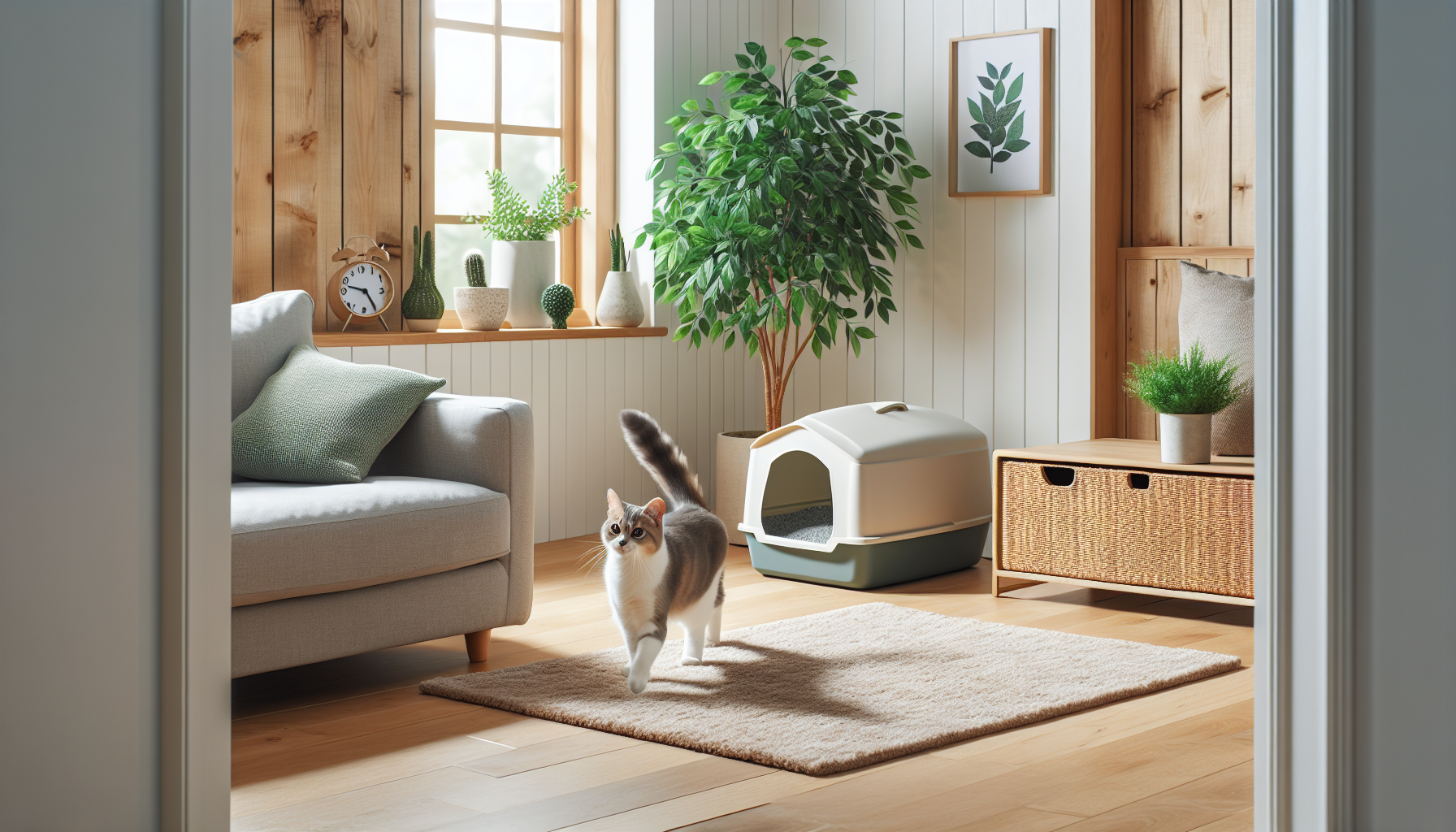A cat litter box is an essential component of responsible indoor cat ownership. This designated area for elimination not only promotes cleanliness in the home but also contributes significantly to the well-being of the cat.
A Sanitary Solution
First and foremost, a litter box provides a sanitary solution for managing a cat’s waste. Cats are naturally clean animals, and a well-maintained litter box allows them to follow their instinctive behaviors. Without a designated space for elimination, cats might resort to inappropriate spots around the house, leading to unsightly and unsanitary conditions. This can be particularly problematic in households with young children, elderly residents, or individuals with compromised immune systems, where exposure to cat feces could pose health risks.
Reducing Odors
Moreover, a clean and accessible litter box helps prevent the spread of odors. Modern litter options include clumping, silica, and biodegradable varieties, all designed to trap odors effectively. Regular scooping and occasional complete litter changes ensure that the house remains fresh and free from unpleasant smells. An odor-free environment is not only beneficial for human occupants but also for the cats themselves, as they possess a highly sensitive sense of smell.
Cat Comfort and Well-Being
The psychological well-being of cats is another critical factor. Cats are territorial animals with a strong preference for routine and predictability. A designated litter box area provides a sense of security and comfort, reducing stress and anxiety. Cats that feel secure in their environment are less likely to develop behavioral issues, such as inappropriate elimination or aggression. Furthermore, the litter box serves as a private space where cats can retreat, which is particularly important in multi-pet households where territorial disputes might arise.
Cat Health
Additionally, a litter box allows for easy monitoring of a cat’s health. Changes in elimination patterns, such as frequency, consistency, or the presence of blood, can be early indicators of health issues ranging from urinary tract infections to gastrointestinal problems. Regularly cleaning and observing the litter box helps cat owners detect these signs promptly and seek veterinary care, potentially preventing more severe health complications.
Litter Box Location
However, it is crucial to select the appropriate litter box and place it in a suitable location. The box should be large enough for the cat to move comfortably, and the litter should be of a type that the cat prefers. Owners should experiment with different types if necessary, as some cats are particular about the texture and scent of the litter. The placement of the box should be in a quiet, low-traffic area to provide privacy yet still be easily accessible.
Conclusion
In conclusion, a cat litter box is indispensable for maintaining cleanliness and ensuring the health and happiness of indoor cats. By providing a dedicated space for elimination, cat owners can foster a clean, odor-free home environment while supporting their feline companions’ natural behaviors and overall well-being.
